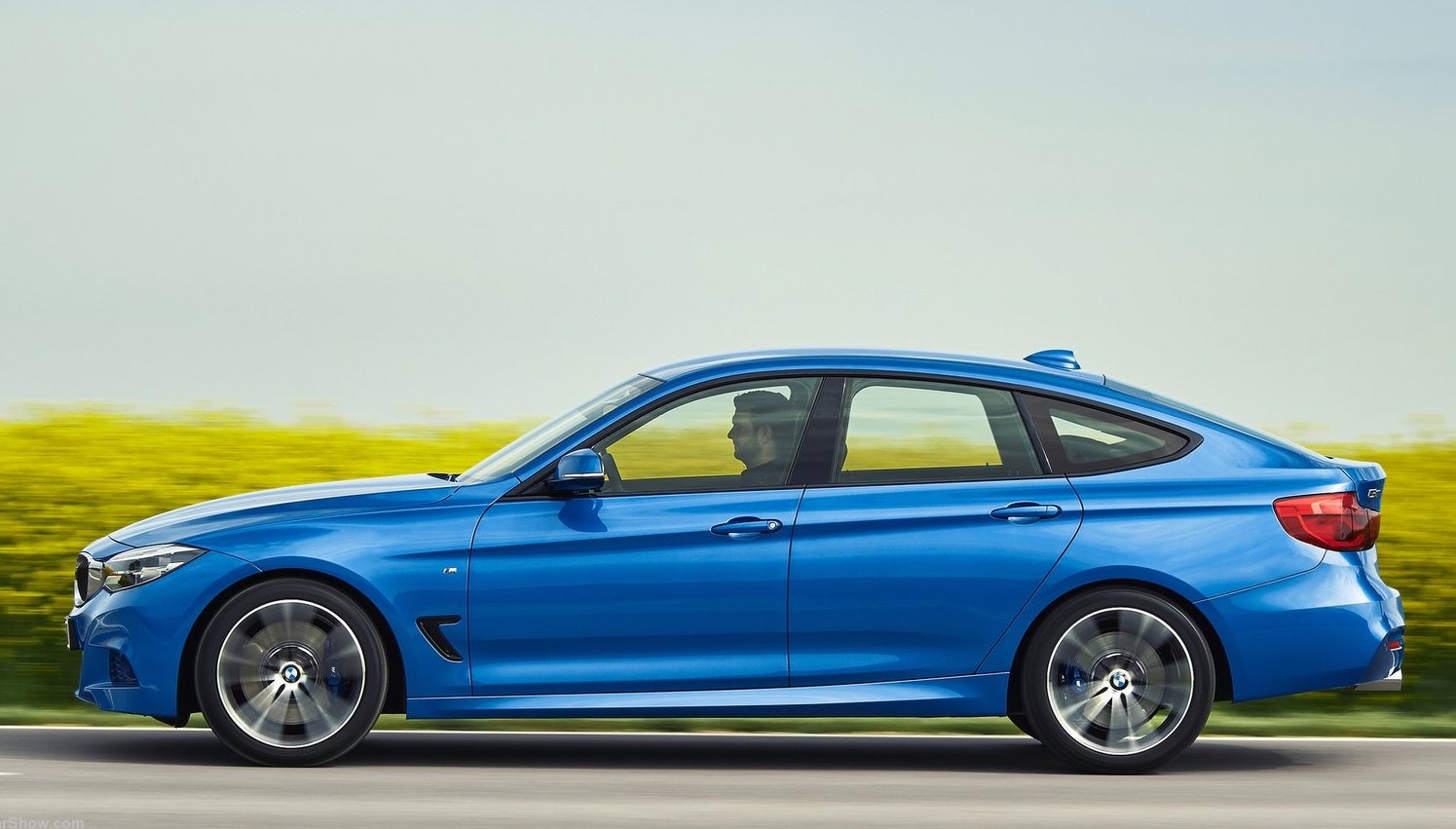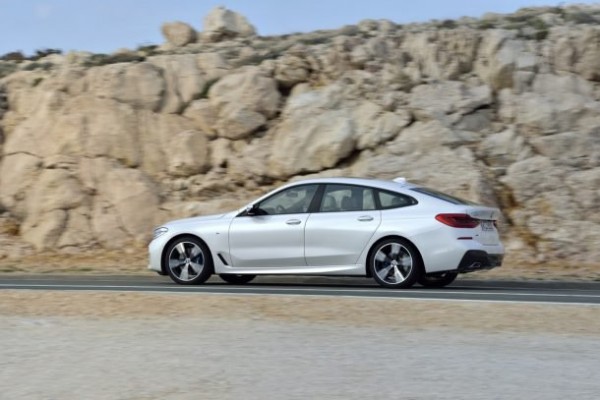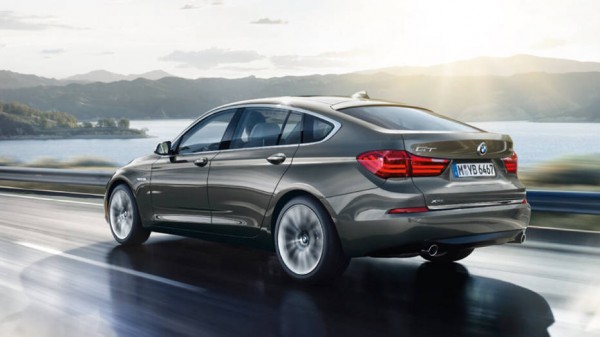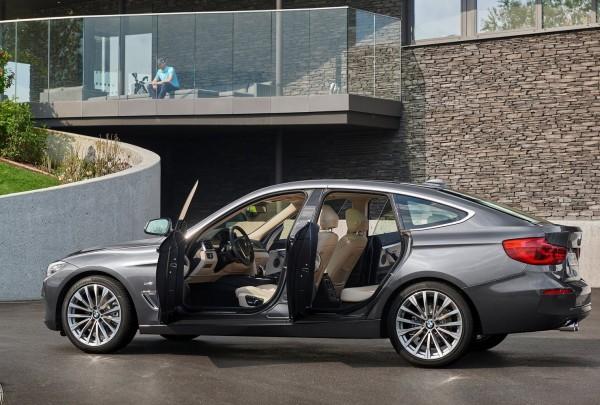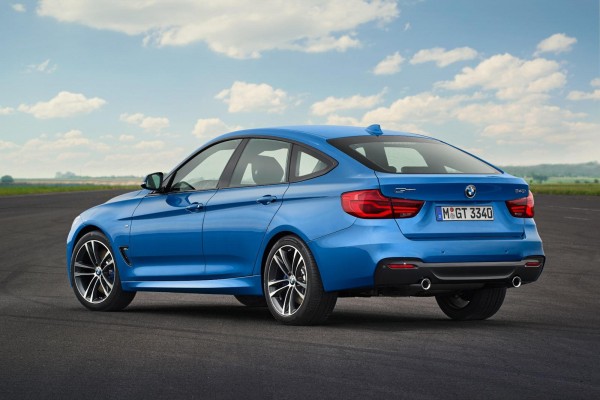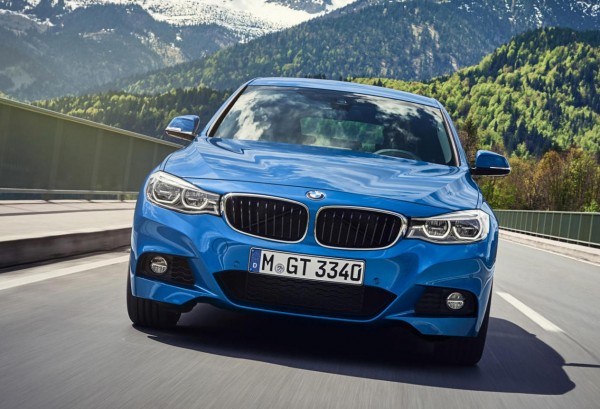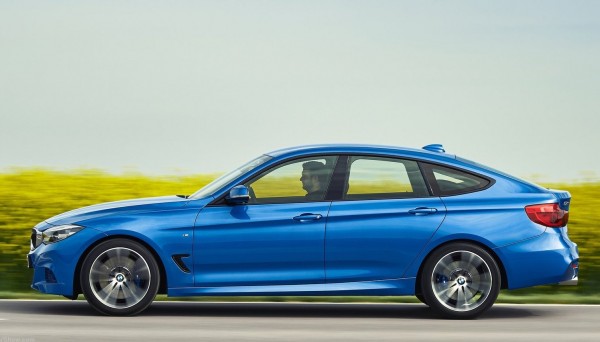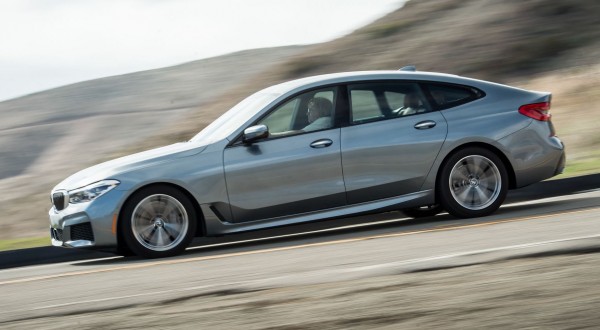BMW said it will step up cost cutting in anticipation of a difficult year after the automaker reported a 7.9% fall in 2018 operating profit due to higher investments in new generation electric cars and the ongoing currency issues. BMW said it will not build a successor to the 3-series Gran Turismo “despite a good level of demand.”
More derivative versions will also be cut citing concerns for the 5-Series GT and the recently launched 6-Series GT. The company said it will also step up other measures to reduce complexity, without specifying them.
Press Release Here: In the course of a challenging financial year 2018, the BMW Group made important strategic decisions set to secure its long-term success. As part of the company’s Strategy NUMBER ONE > NEXT, the green light was given to launch a new product offensive in the upper luxury class and the cornerstone was laid for additional expansion of the company’s presence in China, the world’s largest automobile market.
With the BMW Vision iNEXT, the Group also presented its new technology flagship, which integrates the key future-oriented topics of autonomous driving, connectivity, electrification and services (ACES). The BMW Group continues to systematically broaden its range of electrified models and is increasingly focusing on co-operations in the fields of mobility services and autonomous driving. At the same time, especially during the second half of the year, business performance was impacted by significant challenges relevant to the entire sector, and which are expected to accompany the BMW Group beyond 2018.
“2018 was a challenging year for the automotive sector as a whole. Nevertheless, we achieved the second-highest Group profit to date,” said Harald Krüger, Chairman of the Board of Management of BMW AG, in Munich on Friday. “The challenges facing the entire sector are unlikely to diminish in the coming months. Great efforts will therefore be needed across the entire Group to help shape the sector’s transformation under such conditions.”
Alongside the challenges facing the entire industry over the past year, from the BMW Group’s perspective, ongoing international trade conflicts also contributed to a tightening market situation and greater uncertainty. Moreover, the shift to the new WLTP test cycle caused significant supply distortions on several European markets, leading to unexpectedly intense competition. In the third quarter of the financial year 2018, increased statutory and non-statutory warranty measures resulted in significantly higher additions to provisions in the Automotive segment.
“We expect strong headwinds to continue to effect the entire sector in 2019. However, we are tackling these various challenges systematically, in order to emerge from them even stronger than before,” stated Nicolas Peter, Member of the Board of Management of BMW AG, Finance. “This is why we launched our Performance > NEXT programme back in 2017 with the aim of optimising performance, improving structural efficiency and reducing complexity wherever possible. In view of current developments, we intend to further broaden and significantly intensify these efforts.”

The BMW Group currently sees challenges in various areas, including political uncertainty, a cooling global economy (partly due to international trade conflicts), rising production costs to meet regulatory requirements, exchange rate effects and rising raw materials prices. To counteract these negative factors, measures already in place to reduce product portfolio complexity are being expanded and also applied to model derivatives. For example, despite a good level of demand, no successor model will be developed for the current generation of the BMW 3-Series Gran Turismo.
High upfront expenditures in a volatile environment
Despite the demanding conditions, the BMW Group continues to invest substantial amounts in the mobility of the future. At € 5,029 million, capital expenditure in 2018 was 7.3% above the previous year’s high level (€ 4,688 million). The Capex ratio rose to 5.2% (2017: 4.8%). Investments included work connected with the introduction of new models in the Spartanburg, Dingolfing and Munich plants and building of the Group’s plant in Mexico.
As planned, research and development expenses in 2018 were significantly higher than in the previous year and totalled € 6,890 million (2017: € 6,108 million; +12.8%). R&D expenditure for the year was therefore equivalent to 7.1% of Group revenues (2017: 6.2%). In addition to ramping up the roll-out of new models, the focus is also on future-oriented topics such as autonomous driving and the systematic expansion of electric mobility.
Cooperation for next generation of autonomous driving
The BMW Group believes long-term partnerships within a flexible, scalable, non-exclusive platform are key to advancing the industrialisation of autonomous driving. As early as 2016, the BMW Group established a non-exclusive platform with technology specialists, suppliers and OEMs to take the technology to series maturity and has now successfully consolidated work in this area at the Autonomous Driving Campus in Unterschleißheim, near Munich.
The generation of technologies currently under development will go into series production as Level 3 automation in the BMW iNEXT in 2021, this vehicle will also be Level 4-enabled for pilot projects.
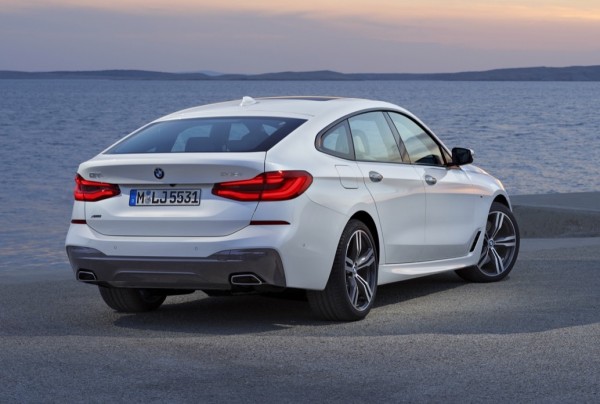
The BMW Group has joined forces with Daimler AG to advance the development of the next generation of technologies needed for autonomous driving. At the end of February, the two companies signed a Memorandum of Understanding (MoU) to jointly develop the technologies that are vital for future mobility.
Initially, the focus will be on advancing the development of next-generation technologies for driver assistance systems, automated driving on highways and parking features (in each case up to SAE Level 4).
The BMW Group and Daimler AG view their partnership as a long-term, strategic cooperation and aim to make next-level technologies widely available by the middle of the coming decade. Combining the outstanding expertise of the two companies will boost their joint innovative strength.
Moreover, it will both accelerate and streamline the development of future technology generations. The development of current-generation technologies and the ongoing collaborations both companies have in this field will remain unaffected and continue as planned. Both parties will also explore additional partnerships with other technology companies and automotive manufacturers that could contribute to the success of the platform.
Major investments in joint venture for mobility services
The BMW Group and Daimler AG are also working together in the field of mobility services, creating a new global player that provides sustainable urban mobility for its customers. The two companies are investing more than one billion euros to develop and more closely intermesh their offerings for car-sharing, ride-hailing, parking, charging and multimodal transport. The cooperation comprises five joint ventures: REACH NOW (multimodal), CHARGE NOW (charging), FREE NOW (ride-hailing), PARK NOW (parking) and SHARE NOW (car-sharing).
The common vision is clear: the five services will increasingly merge to form a single mobility service portfolio with an all-electric, self-driving fleet of vehicles that charge and park autonomously and also interconnect with other modes of transport. This service portfolio will be a key cornerstone in the BMW Group’s strategy as a mobility provider going forward. The cooperation represents the ideal approach for maximising opportunities in a growing market, while jointly shouldering the unavoidable cost of investment.
“With our Strategy NUMBER ONE > NEXT, we are making consistent advances in the various ACES fields and bringing the mobility of the future onto the roads. Our path is clear: in areas with a high degree of differentiation potential, such as electric drivetrains, we will rely entirely on our own excellent development expertise; where high scalability is more important than exclusivity, we will seek to cooperate with dependable partners,” said Krüger.

